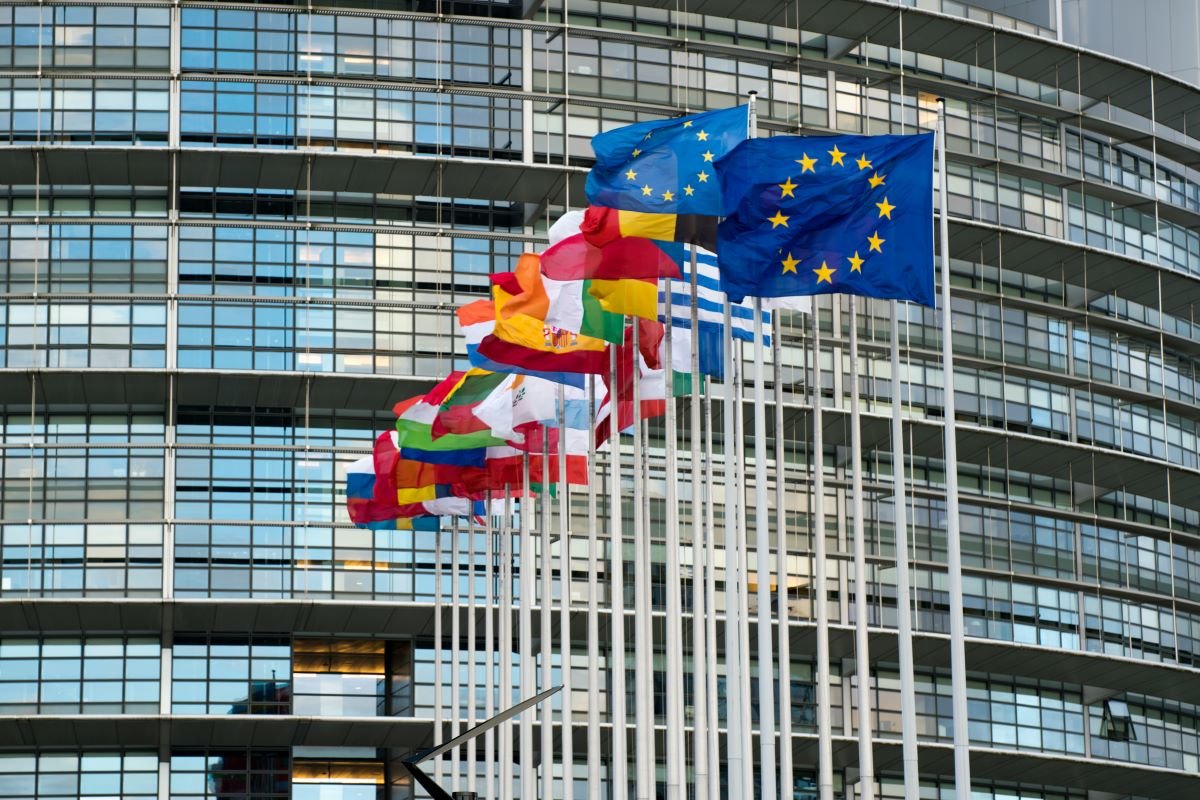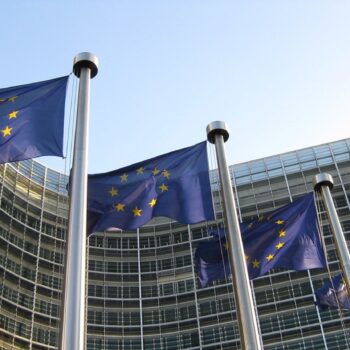The ‘Fit for 55’ Package revises the sectoral contributions of EU countries to reducing emissions and proposes the expansion of EU carbon pricing and market. However, it neglects a critical question. Are existing EU rules governing national climate targets and arrangements for policy management still fit for purpose?
Robust national climate governance can foster the enabling conditions for national leadership in delivering the EU’s objectives on climate neutrality and the rule of law. Failing to address the national ownership gap in the ongoing “Fit for 55” negotiations exposes the EU’s climate mandate and carbon pricing mechanism to a backlash on climate actions. It could also energise opponents and destabilise political leadership when it needs to ramp up the most.
What is this about? – National ownership of the European Green Deal
The current lack of national ownership over the European Green Deal puts the 2050 EU climate neutrality objective at risk. EU climate policy must recognise and empower Member States as leaders of the national structural transformations needed to manage unprecedented societal changes.
A top-down approach alone will certainly fail in delivering a timely and fair transition. Further expansion of carbon pricing without also setting some minimum standard of national climate governance indicates European Commission distrust in national leadership. Establishing a Social Climate Fund will not be enough to avoid a public backlash over the EU’s climate mandate and policies. This could energise opponents and destabilise political leadership just as it needs to ramp up.
In recognition of the importance of a more integrated and coherent policy framework, half of the EU’s Member States and several in its neighbourhood, are already adopting national climate laws. National governments with more robust climate frameworks increase their credibility for their part of the EU’s climate neutrality objective. Besides clarifying their long-term contributions to the EU’s goals, these countries are witnessing how climate laws and firm steps to achieve rule of law objectives can promote political leadership and public support.
The EU’s existing climate architecture is currently underdelivering in promoting sufficient political leadership and governance standards on climate across Member States. Only some countries have national climate laws, leading to an increasing governance and ownership gap between Member States. The EU Climate Law broke new ground by committing the EU to climate neutrality and creating a framework for action within the EU’s institutions. However, it falls short in filling the ownership gap and clarifying each country’s long-term contribution to achieving a climate-neutral Union.
At the moment, the Effort Sharing Regulation – or, as civil society prefer to call it, the ‘Climate Action Regulation for Europe’ (CARE) – is the only EU measure that sets direct and binding GHG mitigation targets for individual Member States. However, these are short-term only and exposed to excessive loopholes and poor accountability. The EU’s Governance Regulation complements this architecture by setting out detailed planning and reporting requirements for Member States to achieve their climate goals. Unfortunately, despite being adopted well before the European Green Deal and already showing some flaws, it has not been put forward for revision yet.
Why is this relevant?
The current social and economic situation requires policymakers to be particularly cautious about the acceptability of proposed measures and the management of potential social or distributional impacts. However, the current uneven standards of national climate governance could lead to some concerning implications:
- Running a significant risk of two-speed transition, with some countries left behind, potentially forever.
- Slowing down the transition due to policy and political inconsistency, damaging the EU’s credibility as a global climate leader as this decade advances.
- Paying the bitter price of inaction. Any agreement at the EU level will soon become irrelevant if a timely and effective national implementation does not follow everywhere.
To untangle this situation, the EU has to quickly improve the quality of existing tools and measures, and ‘level up’ minimum standards of national climate governance. The many innovations in climate governance of several European countries over the past decade offer a pool of best practices and lessons learned. The ongoing “Fit for 55” negotiations – and in particular the revision of the ESR/CARE – offer the policy hooks to make the necessary improvements.
What does success look like?
In this joint paper, 17 civil society organisations are calling policymakers to put forward proposals to consolidate the State’s role as an indispensable actor in leading and delivering transformational climate action at the national level. The revision of the ESR/CARE can make the existing policies fit not just for 55% – but for climate neutrality. It also provides a pathway to include amendments to the Governance Regulation, so that EU rules on national planning align with the challenges of policymaking for transformational and societal change.
Read the full joint paper on the national ownership of the European Green Deal here.


